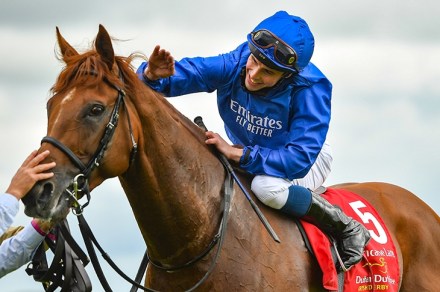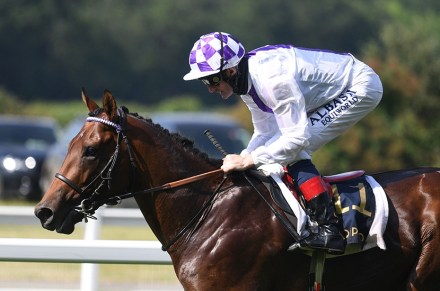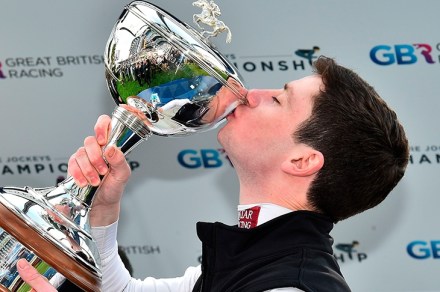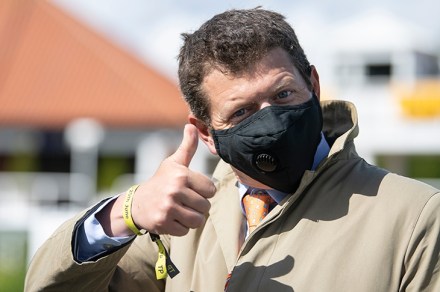A great contest without the skulduggery of the past
Taking a day off racing to enjoy Joe Root’s regal 180 not out against India on the third day of the England-India Test — tranquillity interrupted only by a call from home to say that Flat-coated Retriever Damson had eaten the TV controller — I was struck by the amount of ‘gardening’ indulged in by batters. After any ball that has beaten them they stroll down the pitch, glare malevolently at an innocent patch of turf and prod back into inoffensive conformity the infinitesimal protrusion on the surface which they have assured themselves was responsible for the ball whipping past their hung-out bat. Excuse accepted. Mental confidence restored. Confidence is





